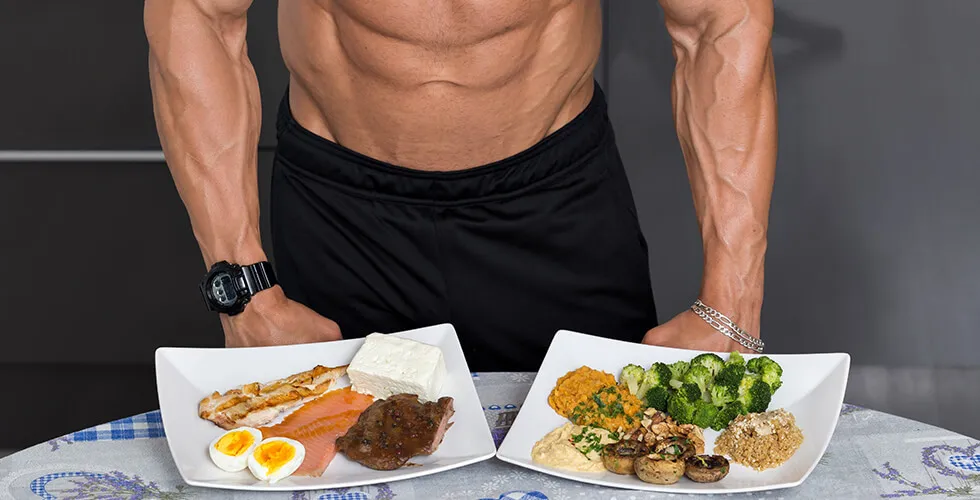
Even if you’re hitting your plant-based protein goals, new research suggests vegans may still be missing the mark when it comes to key nutrients, and the consequences could be serious.
A six-month study out of Australia compared the diets of 240 adults ranging from meat-eaters to strict vegans. While vegans and vegetarians scored high on fiber, magnesium, folate, and iron, they were significantly more likely to be deficient in vital nutrients like vitamin B12, iodine, niacin, riboflavin, and omega-3 fatty acids. Most concerning of all? Many weren’t getting enough high-quality protein.
Meanwhile, a separate study out of New Zealand looked deeper, not just at how much protein vegans were eating, but how much of it their bodies could actually absorb. Nearly three-quarters of participants met the recommended daily protein intake from foods like tofu, lentils, and legumes. But once digestion was factored in, only half were absorbing sufficient levels of two essential amino acids: leucine and lysine.
These two amino acids aren’t optional. Leucine is crucial for muscle repair and growth, while lysine supports calcium absorption, energy production, and immune function. A chronic shortfall may disrupt protein synthesis, weaken muscle maintenance, and undermine overall health, especially in older adults.
Researchers say that achieving a protein balance on a vegan diet requires more than just eating enough protein. It requires thoughtful combinations of plant foods to ensure your body gets all the amino acids it needs.
So before you pat yourself on the back for adding another scoop of lentils to your salad, consider this a wake-up call: quantity isn’t everything — quality and absorption matter, too.

